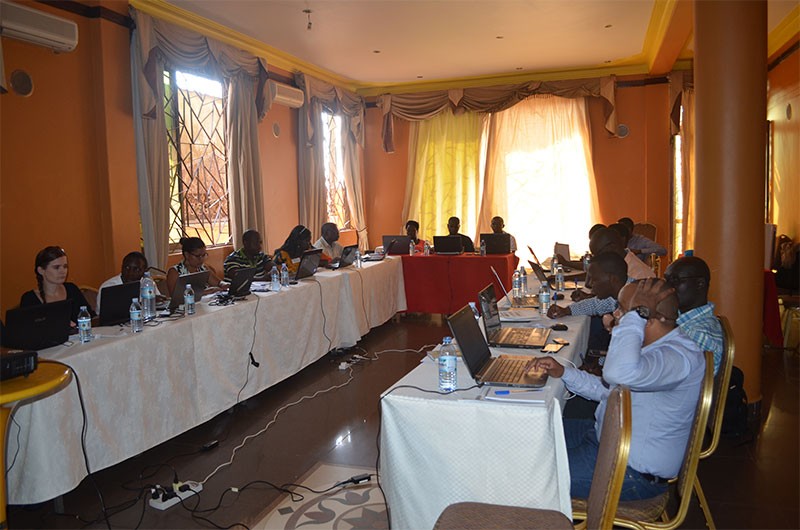In 2017 Maarifa Consult Ltd was contracted by KOICA and by Chonbuk National University in South Korea to conducted an End of project evaluation for the Project Operalisation of National farmers’ leadership center funded by KOICA. The National Farmers’ Leadership Centre (NFLC) was established based on a Korean model of rural development which focuses on people’s mind-set. The NFLC was established on the request of H.E the President of Uganda in 2010 and in April 2011, Government of Uganda signed a Memorandum of Understanding with the Korean Government, represented by Korea International Cooperation Agency (KOICA), to establish the centre.
The Korean Government provided a bilateral grant of 3.5 million dollars for the construction and initial operation of NFLC from 2011 to 2016. On the other hand, the Government of Uganda allocated a 50-acre piece of land where the centre was constructed; provided counterpart funding such as road, power, water and taxes; and manpower. However, construction of the centre was delayed by the contractor. The two governments decided to finish the construction and inaugurate the centre on 30th May 2016. NFLC was officially opened on 30th May 2016 by both H.E. Yoweri Kaguta Museveni, the President of the Republic of Uganda and H.E. Park, Geun-Hye, the President of the Republic of Korea. Also, both governments agreed to extend the project period for one more year from the inauguration date to test the operation of the centre.
The purpose of the one-year project was to establish a self-sustainable operation system of NFLC through capacity building. Specifically, the project aimed:
- To establish self-sufficient income generation sources from training programs and agricultural departments (Poultry, Piggery, Horticulture, Mushroom and Field Crop department);
- To set up quality operation systems of training programs through improving capacity building and creating a good instructor pool.
- To establish sustainable operation systems for the Center by designing master plan and operational plan.
The purpose of the final evaluation was to determine the extent of the project’s contribution in achieving its intended objectives. Largely, the evaluation looked at its relevance, effectiveness and sustainability. It also slightly touched on the performance and capacity of the NFLC.

